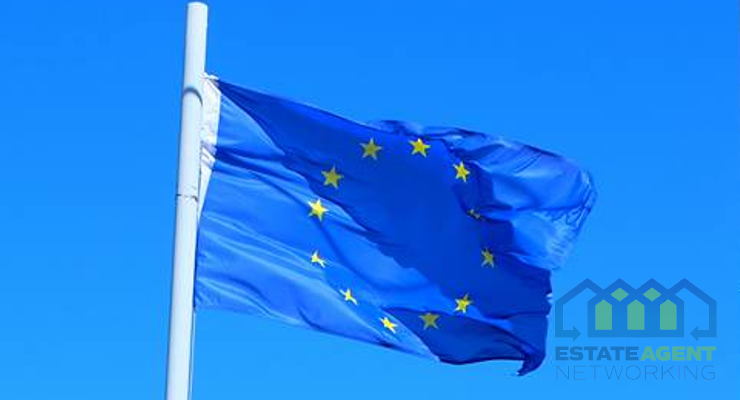The Complete Guide to Starting a Business in Europe
Launch Your European Business – With its well-developed infrastructure, robust legal safeguards, and highly trained workforce, Europe ranks among the world’s most important commercial centers. The European Union’s nominal GDP is $15.6 trillion, making it the biggest trade bloc and the world’s second-largest economy.
Nine European nations will be in the top 20 in the World Bank’s ease of doing business ranking in 2023. As a result, Europe continues to be a remarkable option for setting up shop on the global stage.
A Look at the European Market as a Whole
The European Market in Context There are 50 nations in Europe, as recognized by the UN. The European Union member states and others are included. The European Union (EU) is a group of 27 nations that cooperates politically and economically. Europe’s market is a global leader in collaborative economics, right up there with the United States and China. On January 1, 2022, Eurostat estimated that there were 447.2 million people living in the European Union as a whole. It functions as a single market that promotes the free exchange of goods, services, capital, and labor among its member nations.
A Look at the European Economy as a Launch Pad for New Ventures
The German economy is the biggest in Europe. In 2023 terms, it comes to nearly $4.03 trillion. After Germany came the UK, France, and Italy. They control half of Europe’s economy between them. There are presently just 10 economies in Europe that account for about 80%. The European microstate of San Marino has the lowest economy, at $1.6 billion.
The GDP of seven European economies would exceed $1 trillion, while the GDP of 23 European nations would exceed $100 billion. By 2023, Ireland will have overtaken Austria. There are four (4) European economies among the world’s biggest ten (10). The top 50 list of countries by GDP includes 19 different economies.
The Rank of European Countries by the Ease of Doing Business Index
Business registration in Poland like in other countries dealing with construction, employing employees, registering property, obtaining credit, paying taxes, trading across borders, executing contracts, etc. are all important metrics included in the ease of doing business index.
According to the data from the 2022 edition of the ease of doing business index:
Denmark is the best place in Europe to launch a new company.
Sweden, Norway, and Finland hold the second, third, and fourth spots on the Ease of Doing Business index rankings in Europe.
Europe’s Business Climate for New Ventures
The Global Competitiveness Report is a helpful tool for assessing the state of the European market. Constraints to growth are identified, and appropriate solutions for achieving sustainable economic growth are encouraged. While European nations tend to do well in this survey. This analysis suggests that nations need to increase their efforts significantly to keep their rankings stable from one year to the next. In this analysis, the most important aspects of each economy are highlighted.
If you believe the study from 2022, Denmark is the best in the world. When it comes to macroeconomic stability, Sweden, Finland, and Denmark are all in the top 17 because to their low levels of public debt and sizable budget surpluses. When it comes to transportation and communication systems, Germany has the best in the world. The French system of utilities, including transportation, communications, and power, was also lauded.
Conclusion
Foreign entrepreneurs looking for a safe, lucrative, and visually appealing market can choose Europe. You can’t go wrong with Europe as an investment destination, what with all the available nations and the one European market.
In this piece, we examine Europe’s market standing in relation to that of the rest of the globe. After that, we’ll fill you in on the economic landscape of Europe, the business climate for setting up shop there, the state of the European labor market, the tax policies you’ll need to get your feet wet in Europe, the infrastructures you’ll have access to once you do, and the legal formalities you’ll have to go through to get your company up and running.









